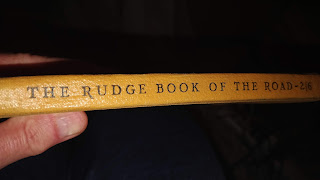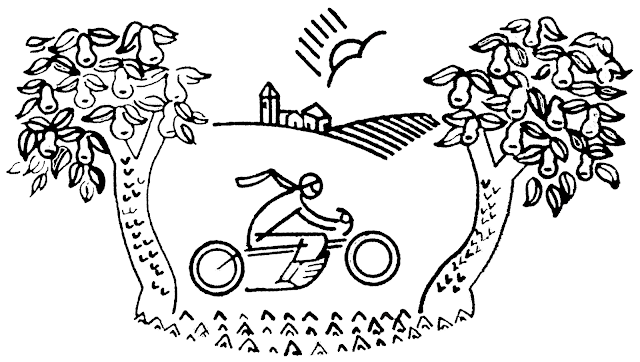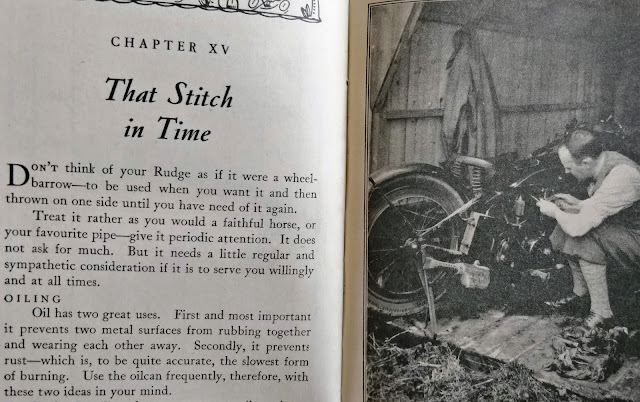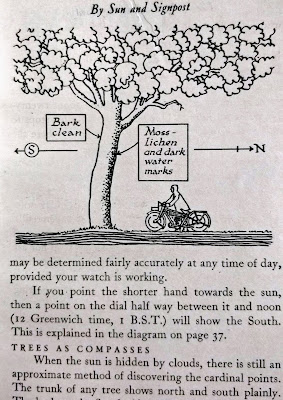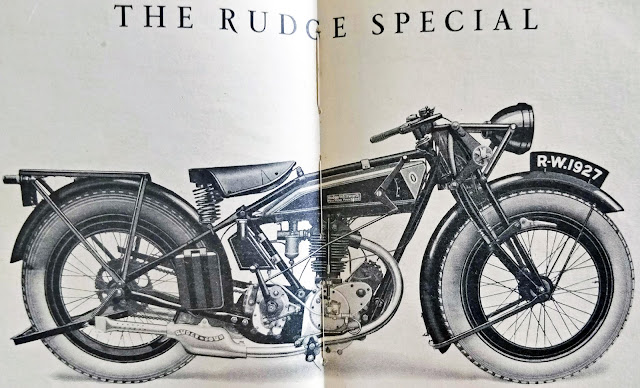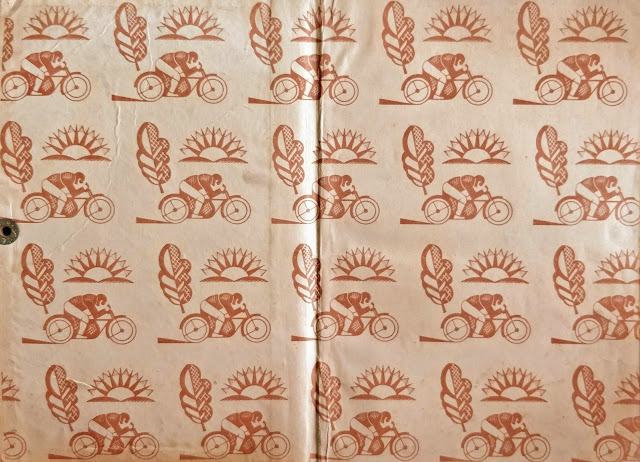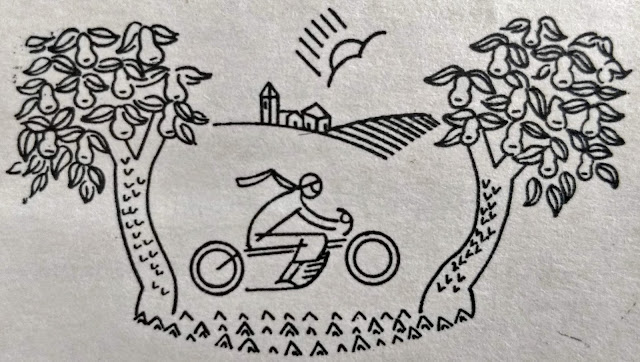It's a slow process putting all this back together again. Even with a prolific number of photos and copious notes here on the blog I'm finding this a fiddly and frustrating process. My current plan is to get everything plugged in, top up the radiator and run it to make sure it's back together right before buttoning it up (there are a f(@# ton of buttons).
The latest fun has been plugging the plethora of plugs over the valve cover back in.
I've got a couple of plugs (21) left after connecting everything else. The question now becomes: are oxygen sensor plugs not used on a 2010 Canadian market bike?
 |
| Got the plugs in, except for those two top left of the rat's nest. |
 |
| Here's a close-up. That white one has me baffled but perhaps it's the front cam sensor. |
Tomorrow (assuming the late March ice storm we have in store doesn't throw us back to the stone age), I'll check for oxygen sensors on the exhaust, and if not there I'll know that one of those plugs is probably unused.
 |
| The ice storm was persistent but mainly pretty - no hydro lines down around here. |
Other things to check are the front cam sensor (7-R on the diagram) which was very difficult to reinstall with a new o-ring. That plug is probably dangling down the front and needs to find a mate on top of the motor (looks like it's plumbed in under the front plastic guard). If that's my missing plug and the other one is an unused oxygen sensor then I'm about there.
After that gets settled I'll do one last look around for anything I might have missed before topping up the radiator and seeing if this thing'll run. If does I'll reroute the wires properly and should have it back to a point where I can start reinstalling all the fairings - which is a whole separate pain in the @$$, but at least one I've done before.
Then things get philosophical. Work has picked up and I don't have the patience or headspace to spend hours each weekend keeping these old bikes in motion. The temptation is to get $10k (CAD) between them and then buy something that can go when I need it to without so much TLC.
I can save the wrench turning for when I retire. I enjoy working on them but trying to do a job this complex when I'm having to leave it for weeks on end while travelling makes a difficult job more so. Had I the time and space to do this daily when I wasn't juggling a demanding job, it'd have been an entirely different experience.
I'm loving the travel opportunities and my work is something I enjoy, but the deep bike maintenance doesn't fit with it at this point.
 |
| Haliburton was magical... |
 |
| Flying out to the maritimes is never a bad thing... |
 |
| ...but those weeks away mean I'm coming back to an incredibly complicated job sometimes 20 days after I last touched it. |
I've never made enough to be sentimental about vehicles and keep everything (I'd rather put those resources toward travel anyway). Time to simplify the bike stable to let me focus on riding when I can squeeze it in. I'll save the time suck that is older bike ownership for when I have more time to suck.

















